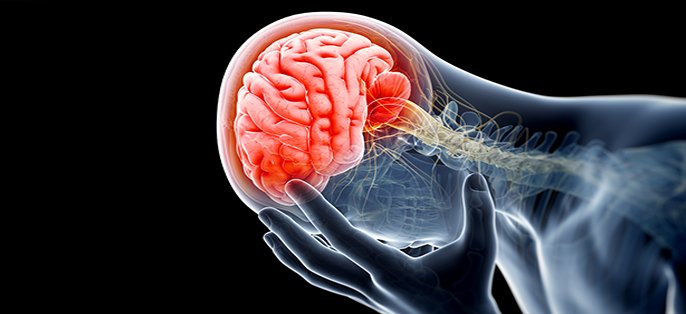
HEAD TRAUMAS
Head injury in any accident, fall, impact or similar situation is called “head trauma”. The importance of the trauma situation varies according to the shape of the blow to the head. Although not all head traumas cause serious problems, in some cases a long and complicated treatment process may be required. An appropriate treatment plan and hygienic conditions will accelerate the healing of cuts and wounds on the scalp.
Skull fractures, regardless of their size, can usually result in a full recovery in a short or long time. Although open fractures may cause meningitis in some cases, the risk can be eliminated with a planned antibiotic treatment. Simple fractures heal without any problems if adequate care is taken.
Very serious situations can occur when the brain is infected with microbes as a result of head traumas, and when the skull nerves or the cerebral cortex are damaged.
Brain injuries are divided into 3 different classes.
Concussion
Concussion is very common. Although it may cause temporary loss of consciousness, patients who have had a concussion usually recover quickly and completely.
Brain Crush
Nerve centers can be affected in different ways as a result of brain crush. It can stop, slow down or speed up brain functions.
Brain Tearing
In case of rupture, the brain tissue is faced with complete damage. Edema occurs in the brain. The blood circulation slows down. With the effect of slowing down, the damage to the tissue can grow. When the patient regains consciousness, he suffers a varying degree of memory loss depending on the location of the injury. In complete loss of consciousness, recovery is gradual. Consciousness is sometimes regained in a few minutes, in severe cases only after a few days.
In severe head injuries, important functions of the brain may be paralyzed. When the respiratory system is paralyzed, death may occur if artificial respiration is not given as soon as possible. Brain injuries can cause meningitis, bleeding, inflammation, and temporary or permanent mental disorders. Epileptic seizures may occur in the months and years following the head injury.
In repetitive concussions, a condition called “punch drunkenness” may arise, especially in boxers. Minor hemorrhages within the brain can cause this. This can lead to malfunctions and losses in coordination, memory, concentration, vision and hearing centers. First aid for the treatment of head injuries and possible shock is to keep the patient still and, if necessary, to hospitalize them for surgical intervention. Intravenous glucose solutions and blood transfusions may be required to combat shock.

